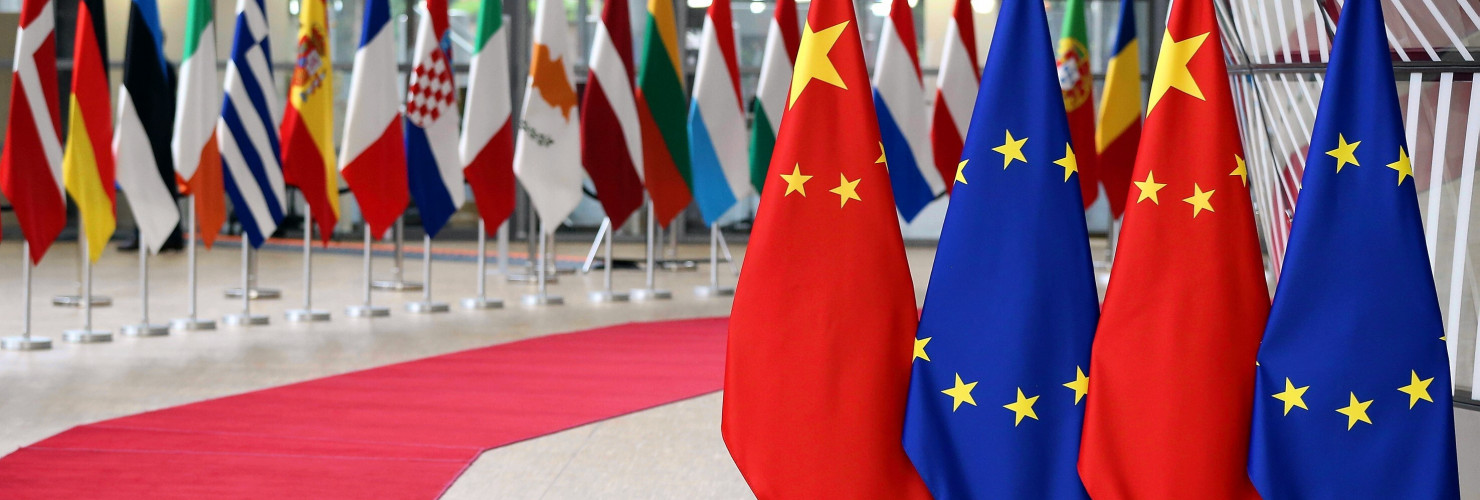

From a China strategy to no strategy at all: Exploring the diversity of European approaches
A report by the European Think-tank Network on China (ETNC), July 2023
Edited by: Bernhard Bartsch, Claudia Wessling
Peer reviewed by: Una Aleksandra Bērziņa-Čerenkova, Lucas Erlbacher, Miguel Otero-Iglesias, John Seaman
Ten years after Xi Jinping took the helm in China, European countries have become more aligned on how to deal with China. However, approaches towards the aspiring world power vary depending on the intensity of relations, the extent and nature of economic dependence as well as attitudes towards the authoritarian government in China.
Some European countries have devised national China strategies, some prefer a less public, more decentralized approach, others do not consider China an important issue for their national politics. National approaches and their evolution in recent years are laid out in the country chapters of this report by the European Think-tank Network on China (ETNC).
The authors from 22 European think tanks and research institutions take stock of national approaches to China across EU members states and important countries such as the United Kingdom, Norway and Switzerland. The MERICS office in Brussels provided a chapter outlining current EU policies vis-à-vis China.
Authors focused on the following guiding questions:
- National China strategies: Where do member states and other European countries stand?
- Mechanisms: How do European countries coordinate and share information on China?
- EU tools: Which national instruments exist for implementation?
- Risk analysis: Which approaches do countries take?
- Working with China: In which Chinese institutional frameworks do countries participate?
- Spotlight on Taiwan: What activities exist in this contested space?
In spite of the many differences observed, the authors argue that there is common ground that could possibly facilitate a more coordinated European approach to China in the future.
You can download the full report as a PDF here:
MERICS experts contributed the following chapters to this year's edition. Click to read them online:
- Executive Summary, by Bernhard Bartsch and Claudia Wessling
-
EU: De-risking as the new mantra for defining relations to China, by François Chimits, Francesca Ghiretti and Grzegorz Stec
-
Germany’s new China strategy: Ambitious language, ambiguous course, by Bernhard Bartsch and Claudia Wessling
-
Ireland: From dragging its feet to breaking into a sprint, by Alexander Davey

